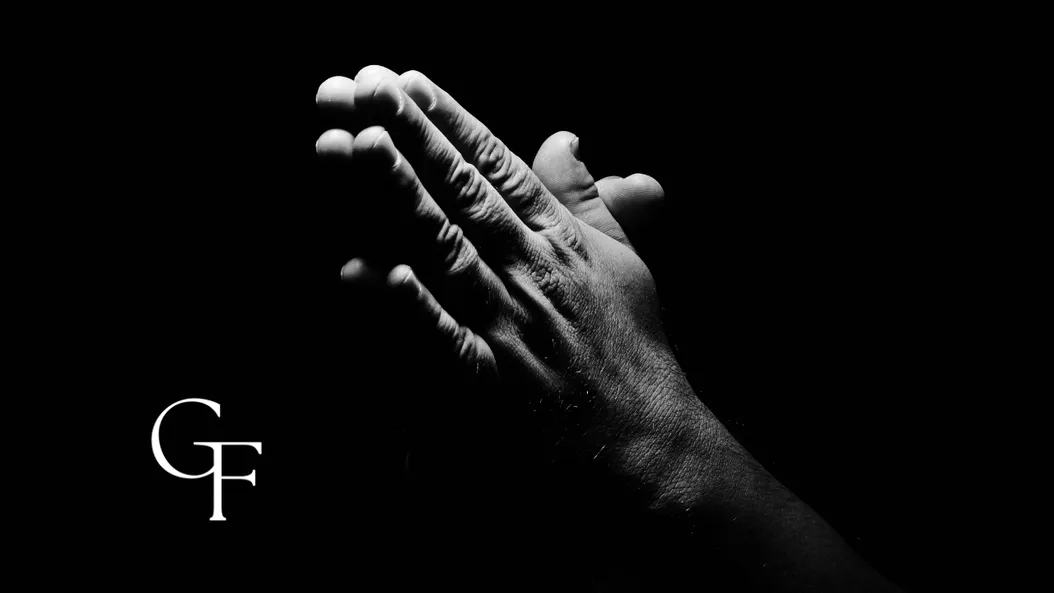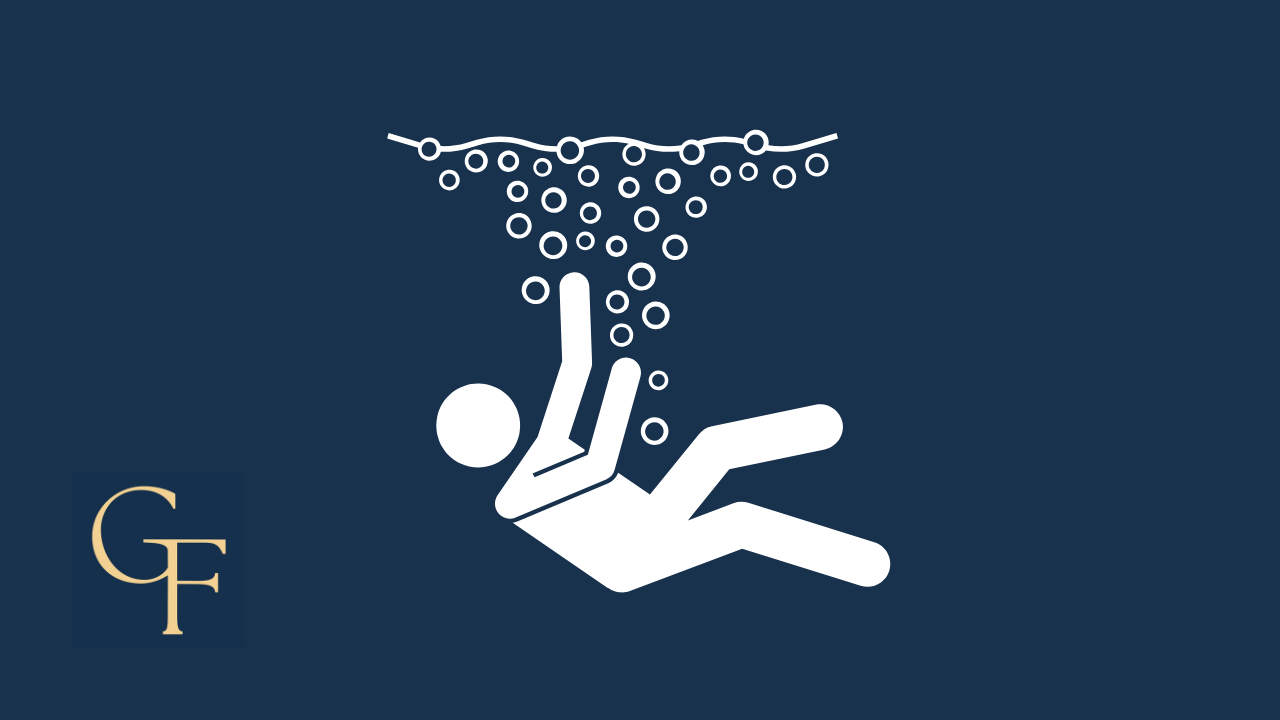
A PAINFUL NECESSITY
Failure is life's greatest teacher. Take any successful entrepreneur, businessman, military leader, or CEO and dig deep enough into their lives; you might just be surprised by what you learn about them.
Failure is inevitable, and to become great, we must resign ourselves to the reality that this is just one of many burdens of life. Of course, no one wants to experience loss, but nothing worth having in this life is easily achieved; the best things must come with hard work, perseverance, grit, and sometimes sacrifice.
LCS HIGH-SPEED OFFICER OF THE DECK
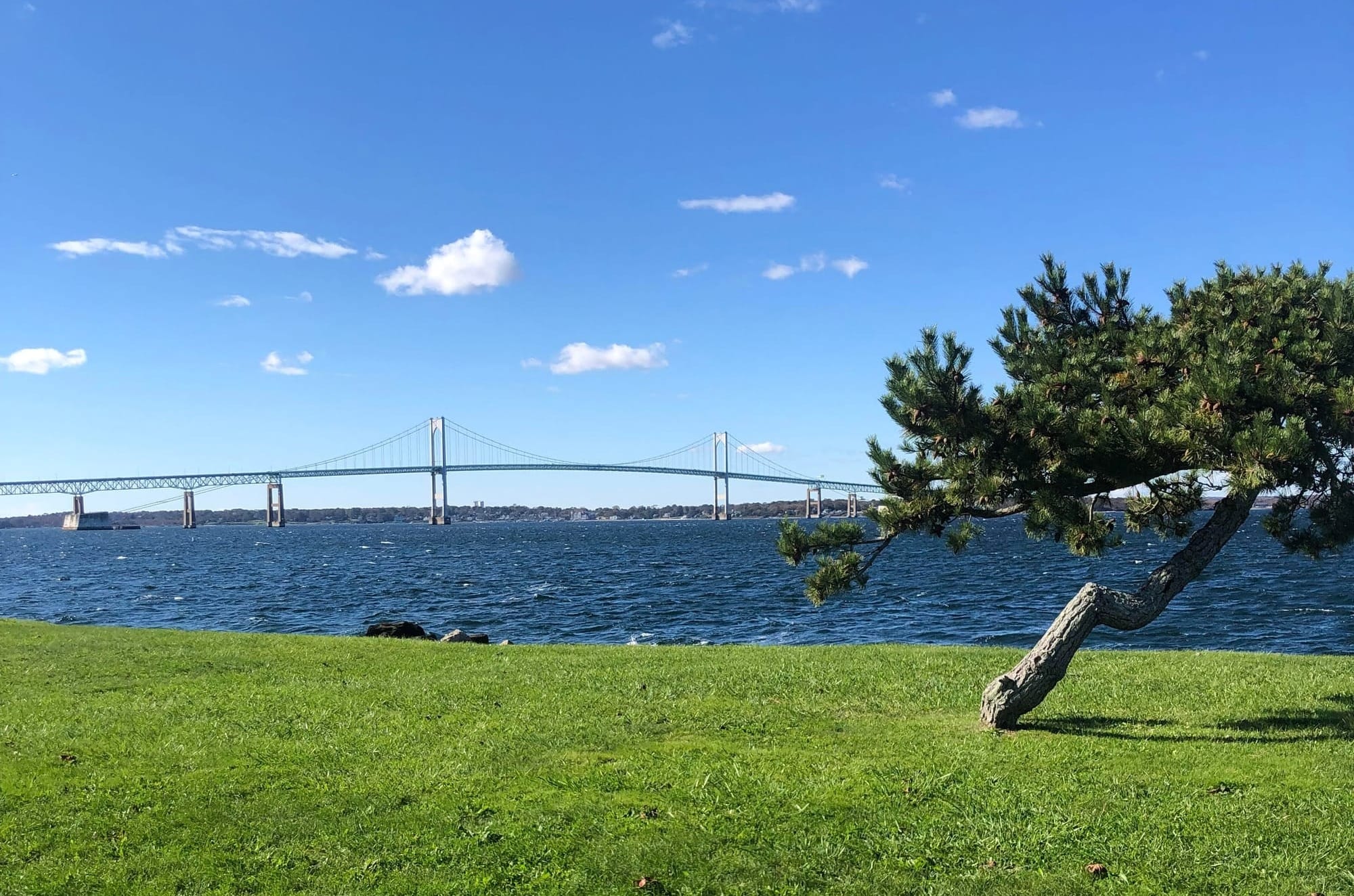
My second division officer tour was set to take place on the USS MANCHESTER, a Littoral Combat Ship (LCS) based in San Diego, California. Coming from the USS PRINCETON, outfitted with traditional propellers and rudders, I was now tasked with learning how to pilot an aluminum high-speed ship with four waterjets and a bow thruster.
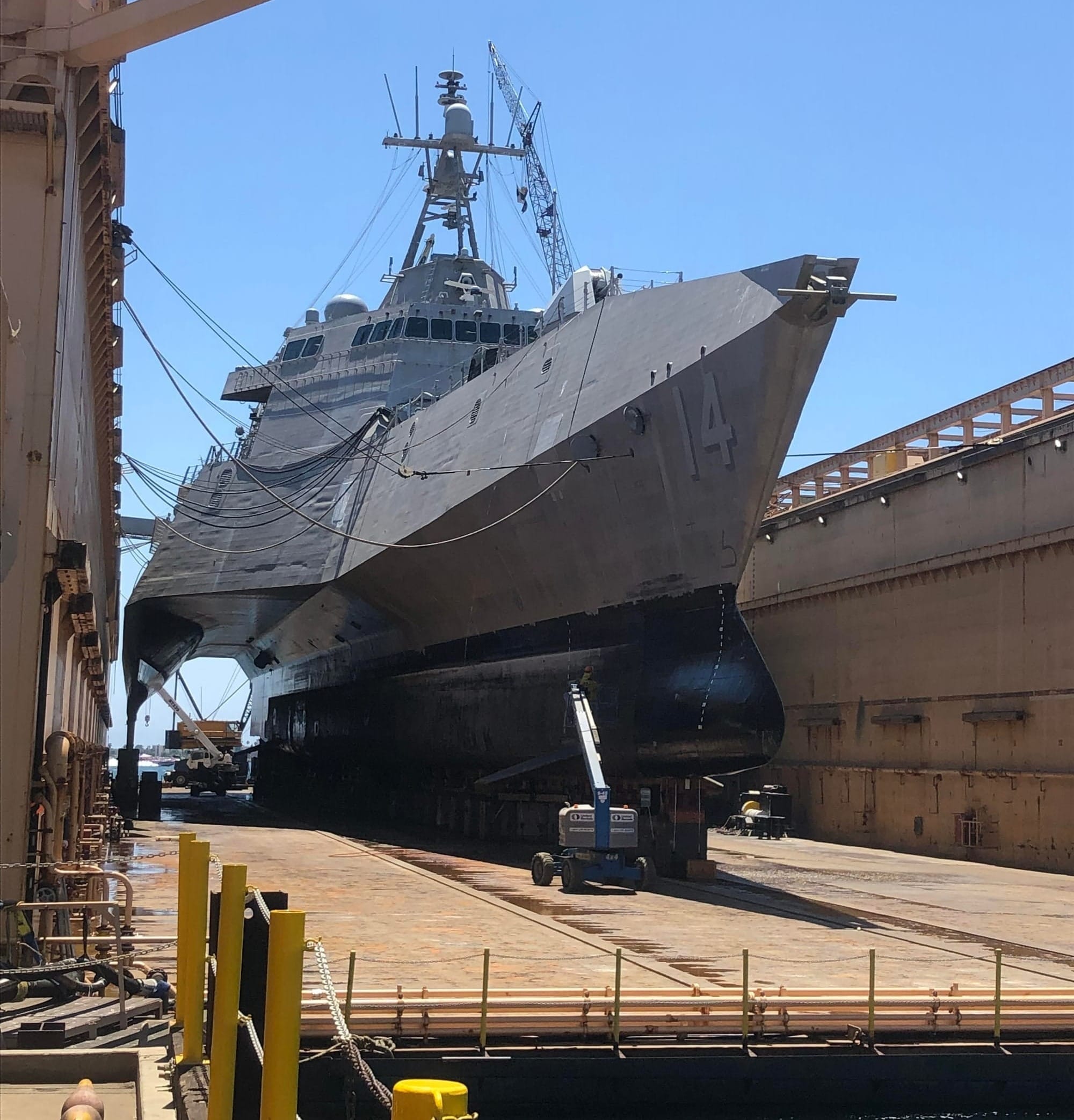
On "legacy" or older ships like PRINCETON, there are three primary roles involved in steering the vessel - the helmsman who physically steers the ship, the Officer of the Deck (OOD) who makes the big picture navigational decisions, and the Conning Officer (CONN) who communicates the engine and steering orders to the helmsman. The helmsman then carries out the commands. However, in the case of LCS, which has a different propulsion system, the OODs use a set of levers and knobs to steer, allowing for greater precision and control over the ship's movements.
The course that aimed to teach Surface Warfare Officers (SWOs) this manual piloting skill was known for its extreme difficulty, with a failure rate of 50%. It was, without doubt, the most challenging course that I had ever encountered in the Navy, with numerous written exams and simulator evaluations to complete. Until then, I wasn't too confident in driving a ship. Despite spending many deck watch hours on PRINCETON in places like the Middle East and the South China Sea, the anxiety that often overpowered me made me hesitant to deploy again. However, I wanted to keep my orders to MANCHESTER and enjoy my time in San Diego.
I remember it well. I nearly completed the two-month course without any problems. Each student was allowed a maximum of three failures regardless of written exam or simulator practical; if they failed thrice, they would be dropped and reassigned elsewhere.
During the last shortened week of the course, with only three days of two graded simulations and a final comprehensive written exam left, I failed an event due to anxiety and nervousness. In less than three days, I was supposed to be on my return flight to San Diego.
After failing two attempts for the same scenario, I had one more chance the day before graduation. The simulation involved heavy traffic and weather transit through a Traffic Separation Scheme (TSS). I had to pass this failed evolution a third and final time, or else I wouldn't graduate.
The simulators were high-end and very realistic, with the instructor able to add whatever obstacles they wanted in real time. During my final remediation, I carefully navigated through simulated container and cargo vessels, one after the other, while racing against a timer and managing many other navigational functions.
I had to maintain safe distances per the grading criteria and adhere strictly to the international rules of the "nautical" road. Meanwhile, rain and high levels of sea state made it even more challenging. I was nervous throughout the scenario, adjusting those levers and knobs at the bullnose console while sitting on "pins and needles."
After a challenging journey through heavy traffic in a treacherous environment, I finally crossed the TSS and breathed a sigh of relief. However, I made the mistake of letting my guard down too early. The instructor was about to pause the simulation, but I got too close to a random fishing vessel on the other side of the traffic scheme.
According to the grading criteria, the closest point of approach (CPA) shouldn't have been less than half of a nautical mile (1,000 yards). I turned my ship towards the fishing vessel due to disorientation caused by the heavy traffic and weather I had just sailed through, resulting in a CPA of 911 yards. This inexcusable mistake left me pale-faced and my heart racing.
Ironically, I would have failed my last attempt just a day before graduating from the course. I had worked hard to stay in San Diego, but now I had to fly back home because of my incompetence. I felt stupid! Most likely, I would be thrown into what they call the "needs of the Navy," losing the assignment I'd worked hard for. The next few years of my life will be an unknown gamble, potentially stationed in random assignments worldwide. Although exciting and adventurous for some, it's not the case for me.
The worst part would be that I failed the course after working so hard for several months. I spent long hours studying for the written exams, taking as much extra time as possible in the simulators, etc. All for nothing. I would be seen as "that officer" who couldn't pass the course.
I didn't enjoy driving ships, but no one forced me to become a SWO in the Navy. I worked hard until this point, endured a year-long deployment during the COVID-19 pandemic, and spent many hours at sea, only to wash out of this school at the last minute.
To make matters worse, despite a 50% failure rate in past classes, the most recent class (my class) graduated every student with a 100% passing rate. I was the only one who failed... or so I thought.
Following my fatal error with the fishing vessel, my instructor blistered me, explaining why what I did was "stupid" and "unsafe." He also emphasized that it was not in compliance with the governing laws. I knew he was right, as this severe matter could put many lives at risk in the real world. I still remember his words, he said: "You lost your composure and froze, which led you to do the opposite of what you should have done. You need to improve your spatial awareness! It is vital for your safety and the safety of others."
He analyzed the track record of my simulation on the debriefing monitor placed at the back of the classroom. He scrutinized every move I made during the scenario. Suddenly, he remarked, "It won't be easy to contest because you passed everything that you needed to while maneuvering through the traffic. I know you can do this, but you need to work on your skills and focus! You should practice more frequently at the training facility in the simulator when you return to San Diego."
I felt a growing sense of shame and imposter syndrome as I gradually realized that he was about to pass me. Despite feeling this way, I made it through the last scenario and final exam and graduated with the other class members. I then returned to San Diego with my current orders to MANCHESTER still in place.
MY GREATEST FEAR
I understand you may wonder why I put so much effort into ship driving despite not enjoying it. The answer is quite simple - I was afraid of failure (and still am to some extent). The thought of being viewed as a failure and not being good enough filled me with shame and insecurity.
MORE SHAME SETS IN
After completing the course, I carried my shame and fear of failure with me. For months, I felt inferior because I was the only junior officer among my peers who came close to failing. In contrast, the others passed the course without any problems. This made me feel like the worst shiphandler despite having the most hours at sea due to my previous year-long deployment. I was embarrassed.
NINE MONTHS LATER
Several months had passed since the course, and our crew found themselves back on board the ship, taking over the roles and responsibilities of our sister crew. We were preparing for MANCHESTER's first deployment in the upcoming months, and to meet deployment readiness, we had to fulfill our Basic Phase requirements. This meant that we needed to go underway for a range of certifications.
STEPPING UP TO THE PLATE
I was assigned to be the first person to drive MANCHESTER out of the shipyards and further out to sea following numerous months of repairs to test how the ship held up. This was my first time driving an LCS in real life, and my Captain was also experiencing her first time as a Commanding Officer underway on this particular platform.
I remember how nervous we both were, but I knew that I had to keep my emotions in check for the sake of our team. My Captain was visibly anxious, and I couldn't blame her. She had a lot of responsibility and many unknown factors to consider.
Despite not being the Captain or the highest-ranking person in the pilothouse, all eyes were on me. After all, I was the person on the “wheel,” the one everyone knew was taking the ship where it needed to go (and hopefully safely) at that moment.
SO FAR, SO GOOD
I remember it vividly. We made it out to sea and back into port safely for our first go-around with no hiccups! We received much assistance from the tug boats in the San Diego harbor, but I proved I could do it. Secretly, I wondered if I was assigned to do this task because I was the weakest shiphandler, and after proving myself, I thought I wouldn't have to do it the next time we took the ship underway. But boy, was I wrong!
Throughout the maiden six-month deployment, I either sat the seat for every evolution or was on standby to jump in if things went wrong for anyone else driving, whether pulling the ship in and out of ports, replenishing fuel alongside an oiler, or anchoring. I had been the one to build up the most experience. Somehow, I became "the go-to guy," the one who came the closest to failing the course and was a hair away from not even being a part of MANCHESTER in the first place.
MY REALIZATION
I learned a valuable lesson during this experience: I needed to get over myself. I had to overcome my petty fear of failure and not being good enough. It wasn't about me; it was about the people around me. My job was to take our ship where it needed to go and, most importantly, keep everyone safe. As I began to realize this, we found ourselves in more intense situations where the need for varsity-level ship-driving became mandatory.
During my time on MANCHESTER, I became far better at driving a ship than I had ever wanted to or even thought possible. Ultimately, I overcame my shame and initial fear of failure, but this wasn't easy.
AN AFFLICTION FOR ALL
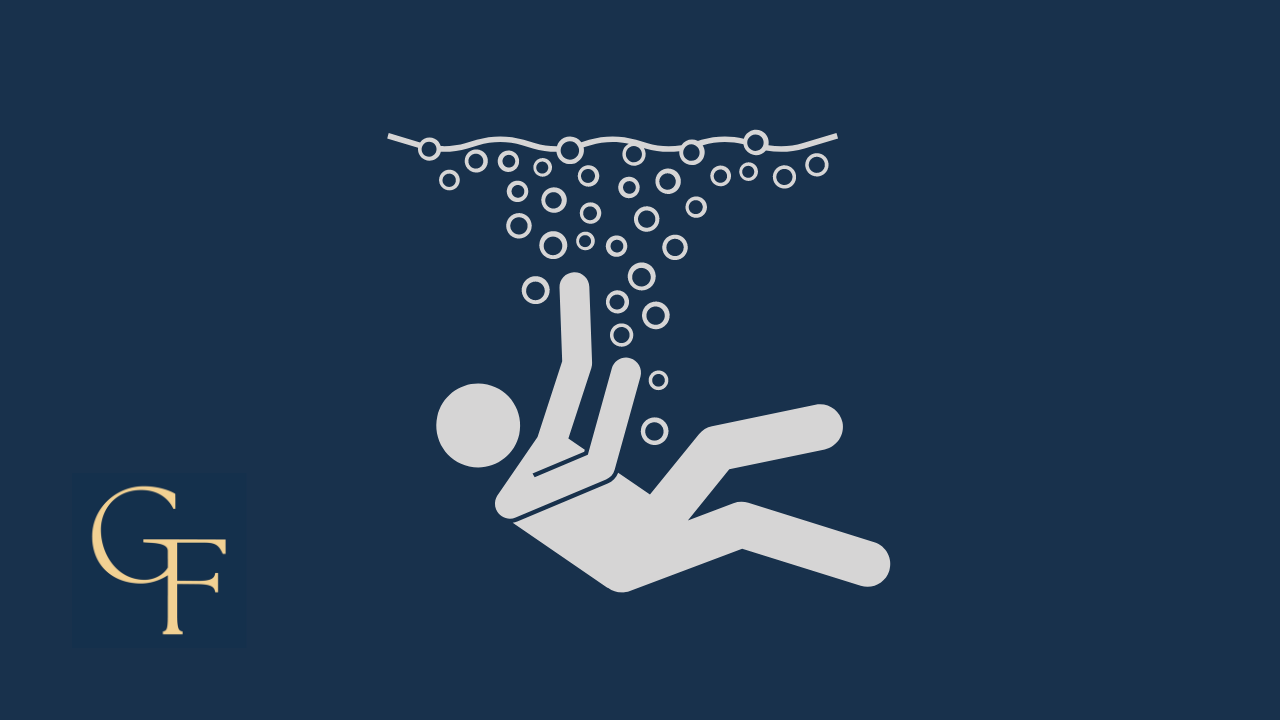
Many of us have experienced a sense of inadequacy at some point in our lives, and this feeling can be debilitating when facing potential failures. Nobody is immune to these emotions, and even those who have achieved great success may struggle with them.
This was when I began to understand the concept of shame. Referred to as a "hidden epidemic," shame is ultimately defined as:
When we are ashamed, we feel a great distance between the person we perceive ourselves to be and the person we wish we were. This can ultimately lead to a desire to conceal ourselves because we secretly hate who we are.
FAILURE & SHAME GO HAND IN HAND
I believe that a fear of failure ultimately leads to a feeling of shame. Some people can "shake off" their failures better than others. They learn not to care so much about what others think and are secure in being who they are.
However, the general fear of failure afflicts us all because everybody wants to feel important and needed in this world. The thought that we could fail those we aim to please is one that some people would do anything to avoid making a reality.
Shame and failure are intertwined, whether we like it or not.
UNDERSTAND THAT FAILURE IS INEVITABLE
No matter what we do or how hard we try to avoid it, failure comes for us all. Trying to get everything "right" all the time is an exercise in futility. This doesn't mean we should accept failure but acknowledge that it is a natural part of life. I'm not recommending that we learn to become okay with failing; instead, I'm saying that we should learn quickly from our mistakes and avoid repeating them because no matter who we are or where we come from, we will fail more than a few times in our lives (without question).
QUICKLY CHOOSE TO MOVE FORWARD
Failing can be painful, if not excruciating, but choosing to move on quickly is the healthiest way to deal with our shortcomings. Yes, the pain may persist, but we must keep moving forward because it is the only way to improve things for ourselves and others.
SURROUND YOURSELF WITH GOOD PEOPLE
Healing is not something we can (or were ever meant) to do alone. Humans were meant to live amongst one another and support each other in times of need, which becomes critical when we stumble. We should prioritize finding people who can balance care and candor to speak the truth in our lives. People who only tell us what we want to hear are not doing us favors. Dealing with shame and failure requires that we surround ourselves with authentic people who can give us tough love when we need it and help us own our shortcomings.
HOPE FOR BETTER
Hope is a choice to accept the positive possibilities that can take place in our lives. Although we cannot control the future, we can maintain our hope for it. Just as hope is a choice, so too is hopelessness. We have to choose how we want to see the future and give ourselves the gift of hope. The people we surround ourselves with cannot hope for us, but they can help strengthen our resolve by meeting our needs so that we become ready to accept hope when the time comes.


